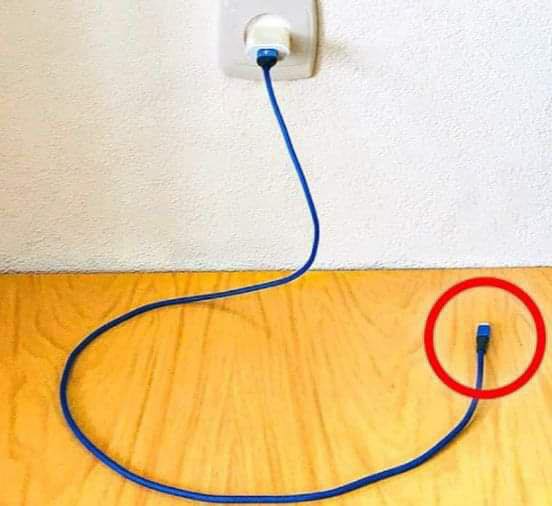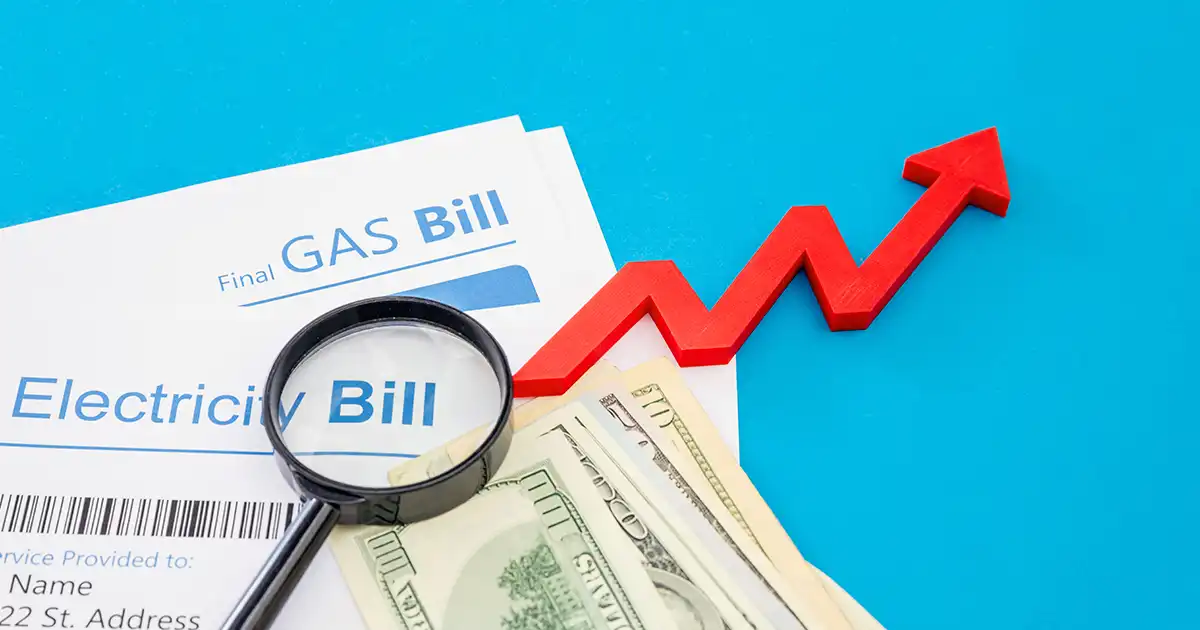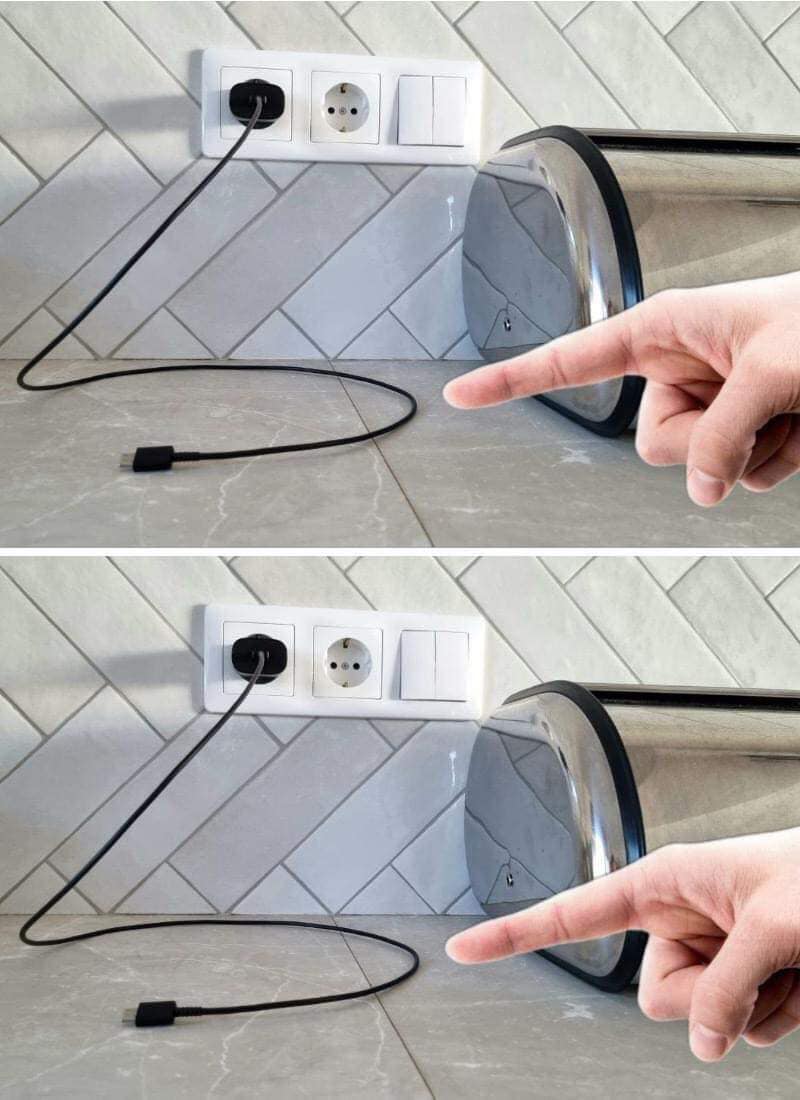A plugged-in phone charger has become a common sight in households, often left even when not actively charging a device. There are a few reasons why leaving your charger plugged in without your phone is not as harmless as it seems.
The Power of A Phone Charger

Chargers consume power even when not actively charging a device. A test using a genuine Apple phone charger revealed that it uses approximately 130W of power a month, translating to 1.5KW h a year. While this might seem negligible at first glance, the cumulative effect becomes significant when considering multiple chargers.1
It’s essential to consider the number of chargers in use and their individual power draw. Larger chargers tend to consume more power, and non-genuine chargers may take significantly more, up to 10 to 20 times based on testing. Additionally, the environmental impact of millions of continuously-running chargers should not be overlooked, contributing to increased kilowatt hours and carbon emissions.
Fire Hazard: A Real Concern

Leaving a phone charger plugged in poses a potential fire hazard. Overheating chargers, especially when buried under items like clothing or books, can lead to increased temperatures and pose a risk of fire. This danger is amplified when dealing with non-branded, low-quality chargers that may not adhere to safety standards.2
Phone Charger Left Alone = Higher Electricity Bills

A phone charger left plugged in can contribute to higher electricity bills. Even when not actively charging a phone, the charger continues to draw power from the outlet. The cumulative effect of multiple chargers constantly consuming energy adds up over time, leading to an unnecessary increase in electricity costs.
While the individual cost per charger may seem minimal, the yearly expense for a dozen chargers can be significant. For instance, the collective cost of leaving five chargers plugged in constantly is around $0.37 per year, highlighting the financial impact of this seemingly harmless habit.4
Wastes Energy: A Silent Contributor

